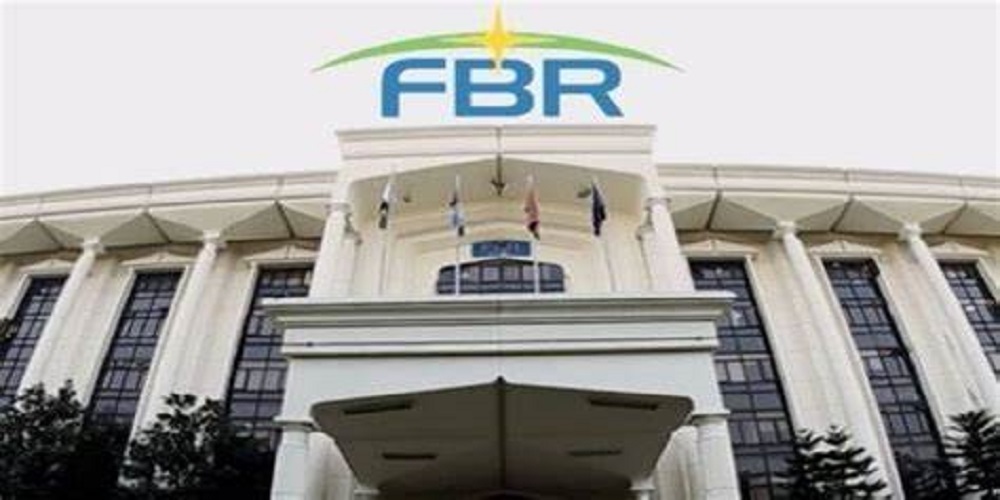Big retailers that are not compelled to link their sales and purchases with the online tax system have been granted input tax adjustments by the Federal Board of Revenue (FBR).
The Federal Bureau of Revenue has designated a number of merchants for requiring POS connection with the online tax system. However, numerous merchants have complained to the tax authority, claiming that they were not compelled to integrate their stores because of the criteria, but that their input adjustment was disallowed.
The revenue board issued Sales Tax General Order (STGO) No 7 of 2022 on May 13, 2022, to make it easier for such shops to get input tax adjustments.
The FBR had already issued STGO No. 1 dated August 3, 2021, making it essential for merchants recognized by tax offices to integrate their outlets, failing which their input tax adjustment of 60% would be refused.
The FBR issued the immediate STGO to reverse the 60 percent bar on input tax adjustment, i.e. the exclusion, as specified in the STGO 1 of 2022 dated August 3, 2021.
“The STGO No. 1 has been revised to the extent that the bar on input tax adjustment has been reversed by 60% and an exception certificate has been issued,” the FBR noted.
A registered person whose adjustable input tax was cut by 60% under Section 8B (6) of the Sales Tax Act, 1990, by inclusion in STGO, must make an application for the removal of this bar and the restoration of input tax adjustment, according to the revenue agency.
“The application shall be submitted via the IRIS, with any proof and evidence in support of the application, by choosing the applicable cause for the exclusion from the scope of the abovementioned section.”
Previously, a group of shops wrote to the FBR chairman, informing him of the IRIS portal’s unfavorable behavior in refusing adjustments against credit notes issued by Tier-1 stores.
The retailers drew the FBR chairman’s attention to Section 9 of the Sales Tax Act of 1990, as amended by Rule 20 of the Sales Tax Rules of 2006, which states that a tax invoice issued by a registered person can be amended, modified, or canceled through the issuance of a credit note as a result of the cancellation of a supply or a change in the nature or value of the supply.
They emphasized that Tier-1 merchants’ sales to end-consumers, as specified in Clause 43A of Section 2 of the Sales Tax Act, 1990, are connected with the FBR’s computerized system for real-time reporting of sales in accordance with the requirements.
The FBR chairman has been told that in the event of a sales return, the Tier-1 merchants provide a credit note (sales return invoice) in compliance with the relevant provisions of the Sales Tax Act of 1990.
“The FBR’s IRIS site also recognizes this status and accepts credit notes issued by Tier-1 shops.” Surprisingly, in the IRIS-based sales tax return, sales tax adjustments pertaining to credit notes that have been approved in a month are added back in the sales tax obligation of the next month.”
For the latest Business & Tech news, follow on Facebook, and Google News. For the latest news on business & technology

